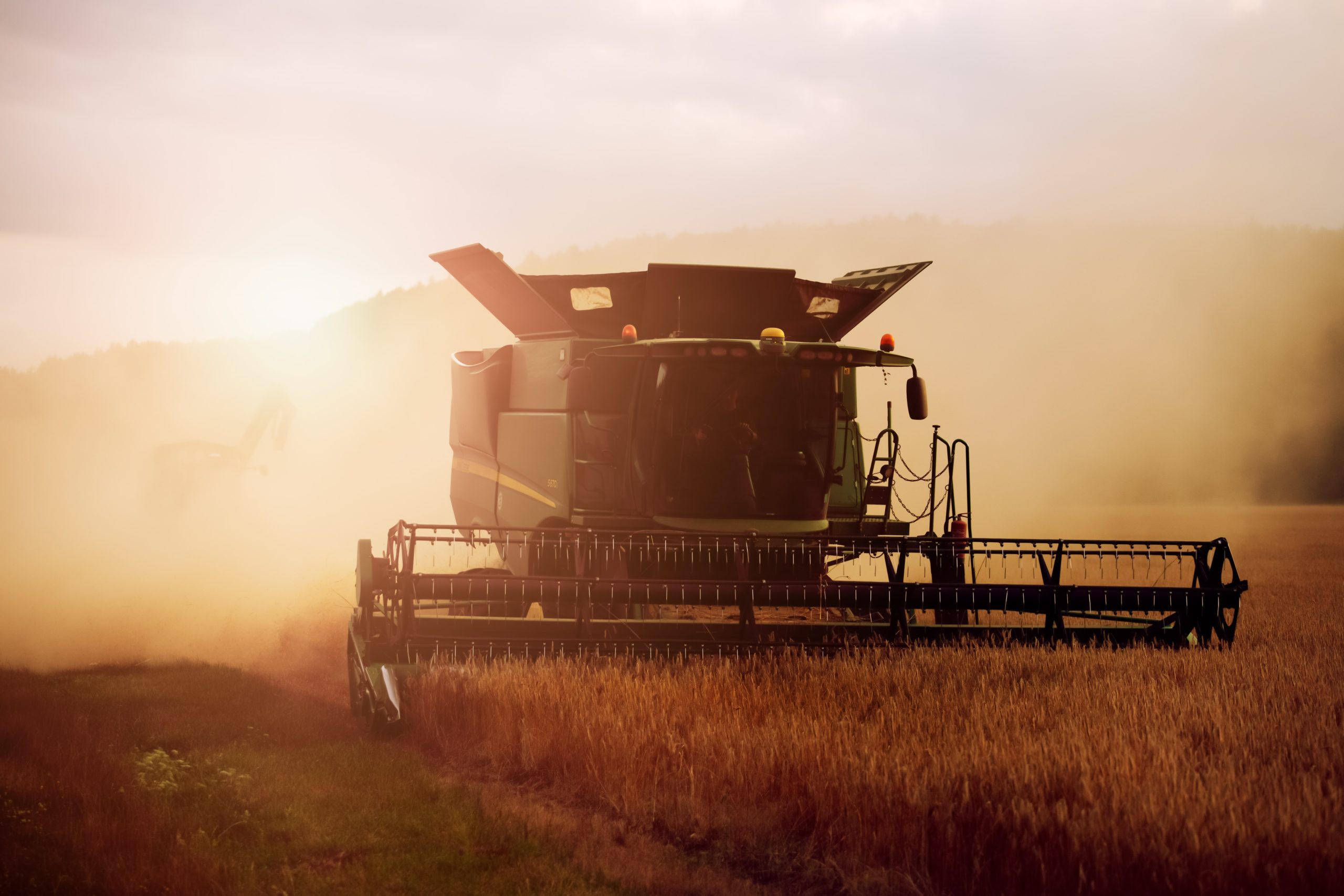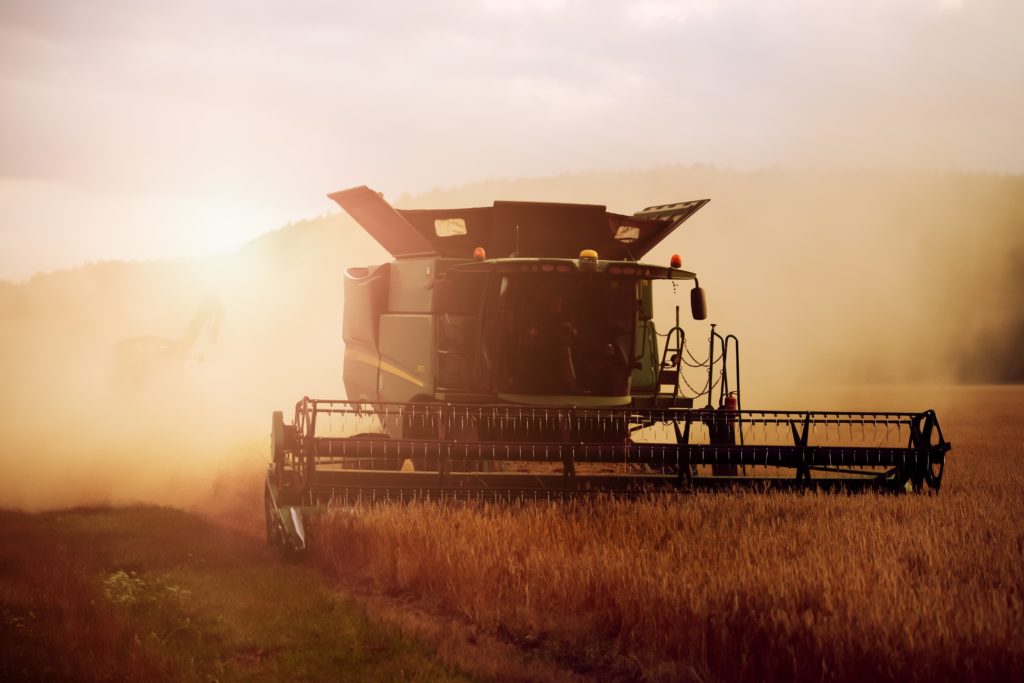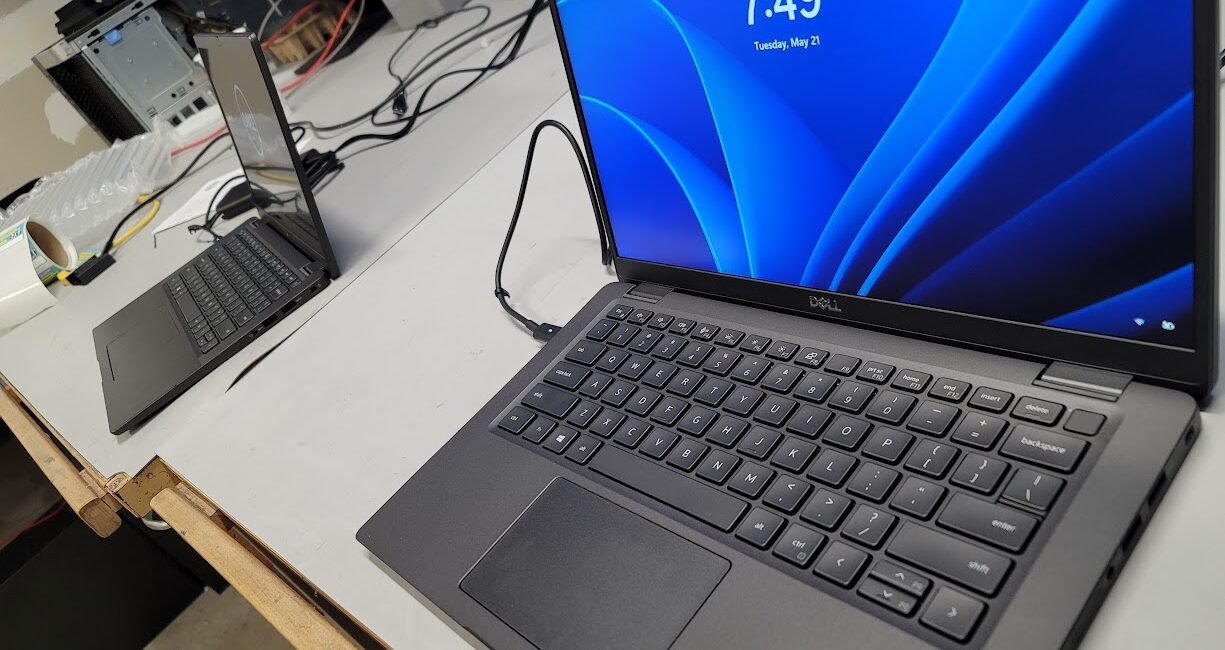
- February 14, 2023
- Growth Mode Tech
- 0
Technology has had a profound impact on agriculture, bringing about significant improvements in the way crops are grown, harvested, and processed.
The use of technology in agriculture can lead to increased productivity, efficiency, and profitability for farmers.
Precision Agriculture: Precision agriculture refers to the use of technology to precisely manage and monitor crops in a field. This includes the use of GPS mapping, soil sensors, and drones to gather data about soil moisture, nutrient levels, and crop growth. This information can be used to make informed decisions about fertilization, irrigation, and pest management, leading to more efficient use of inputs and better crop yields.
Irrigation Technology: Irrigation technology has improved dramatically in recent years, allowing farmers to more effectively manage water resources and conserve water. Drip irrigation systems, for example, can deliver water directly to the roots of crops, reducing the amount of water lost through evaporation and runoff. This results in better crop yields and water conservation.
Crop Monitoring: Crop monitoring technology has become more sophisticated, allowing farmers to gather real-time data about the health of their crops. This can include information about soil moisture levels, temperature, and light levels, as well as information about pests and diseases that may be affecting crops. This information can be used to make timely decisions about crop management, leading to improved crop yields and quality.
Livestock Management: Technology has also improved the way livestock is managed. Electronic identification systems, for example, can help farmers keep track of individual animals, monitor their health and productivity, and make informed decisions about breeding and feeding.
Food Safety and Traceability: Technology has improved food safety and traceability in agriculture. For example, blockchain technology can be used to create a digital ledger of a food product’s journey from the farm to the consumer, providing a transparent and secure record of its history. This helps to ensure food safety and protect consumers from foodborne illnesses.
In conclusion, technology has played a crucial role in improving agriculture, providing farmers with the tools and information they need to grow crops more efficiently, effectively, and sustainably. The continued development and implementation of new technologies in agriculture has the potential to revolutionize the way food is produced, making it more environmentally friendly and economically viable for farmers.

Looking to outsource your IT Department?
Growth Mode Technologies can work alongside your current IT Staff to keep things running when they can’t be there or become your Full IT Department. Learn more at IT Staffing Information.



